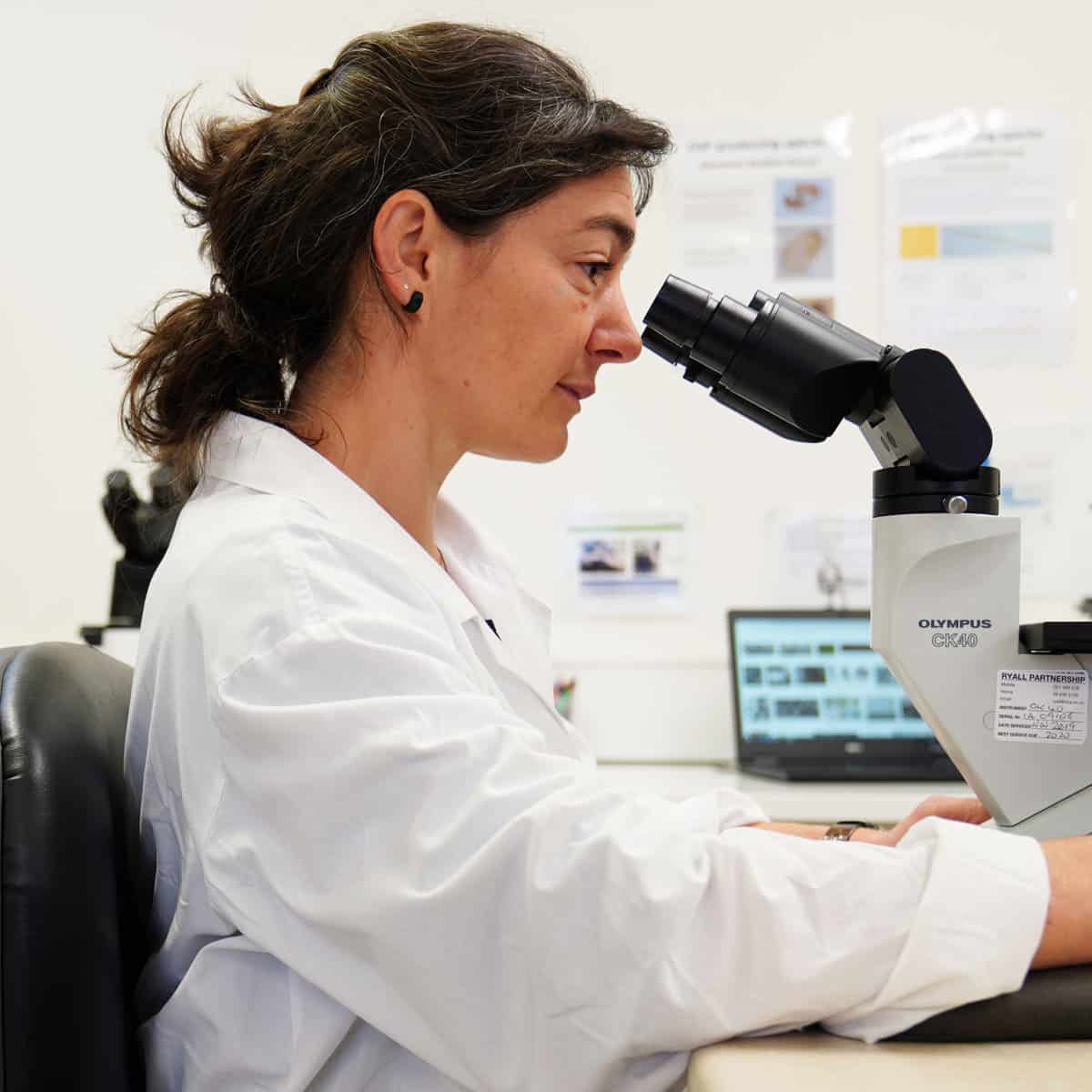Cawthron-Lutra partnership to provide cyanobacteria support service for drinking water suppliers
03 March 2022
Cawthron Institute is pleased to announce its collaboration with Lutra to offer a complete cyanotoxin management service that will help ensure safe drinking water for New Zealand.
New national drinking water standards are due to come into effect from 1 July 2022, and include increased risk assessment requirements for water providers around cyanobacteria.
These are a type of algae commonly found in freshwater environments, including drinking water supplies, and some cyanobacteria can produce potent toxins which can cause serious health issues.
Where a risk is identified, ongoing monitoring and management of cyanobacteria and their toxins will be needed.
Lutra and Cawthron Institute worked together to produce a series of panel videos explaining cyanobacteria and outlining their new service.
Combining Cawthron’s expertise in cyanobacteria with Lutra’s expert knowledge of water and wastewater treatment processes and solutions, the partnership will provide an end-to-end solution to meet the needs of drinking water suppliers.
Catherine Moisan leads Cawthron’s Natural Toxins team and said the collaboration with Lutra means that drinking water suppliers now have a one-stop shop option that can provide the most extensive cyanobacteria management support in the country.
“The new national standards coming into effect means that many drinking water suppliers across the country will need to produce a risk assessment that meets the new standards. If their water intake is at risk of cyanobacteria and their toxins, a monitoring and management plan will be needed.
“Cawthron has extensive capability in cyanobacteria, toxins testing, research and consultancy. By partnering with Lutra, we can combine our strengths to offer a full risk assessment as well as monitoring and management plans for drinking water sources,” said Moisan.
“It may also include advice on water treatment plants, if relevant. This will help provide confidence for water providers that their water is safe and ultimately, ensure healthy drinking water for New Zealand consumers.”
If water supplies are found to have some risk level of cyanobacteria, these must be monitored regularly. Depending on the levels found, this may also require toxin testing.
“Cawthron offers a fully accredited laboratory with the most extensive range of cyanotoxin testing in New Zealand, which can be combined on a case-by-case basis” said Moisan.
The collaboration between Cawthron and Lutra will offer a two-step service offering. The first step is to provide a cyanotoxin risk assessment on the drinking water source. The second phase is to develop a cyanobacteria/toxin monitoring and management plan.
Quentin Griffiths, Lutra’s Chief Customer Officer, says it’s important that drinking water suppliers understand the upcoming changes to the drinking water standards, and how they can manage the risk of cyanobacteria.
“Part of our collaboration with Cawthron is to provide suppliers across Aotearoa with a deeper understanding of the risk of cyanobacteria and their cyanotoxins for both surface and ground water intakes,” said Griffiths.
“We will offer a customised approach to support not only the risk assessment, but also the creation of a fit-for-purpose management plan. Ultimately our purpose is to ensure that anyone in New Zealand can drink water from a tap without getting ill.”
Find out more about this collaboration and the services on offer.

